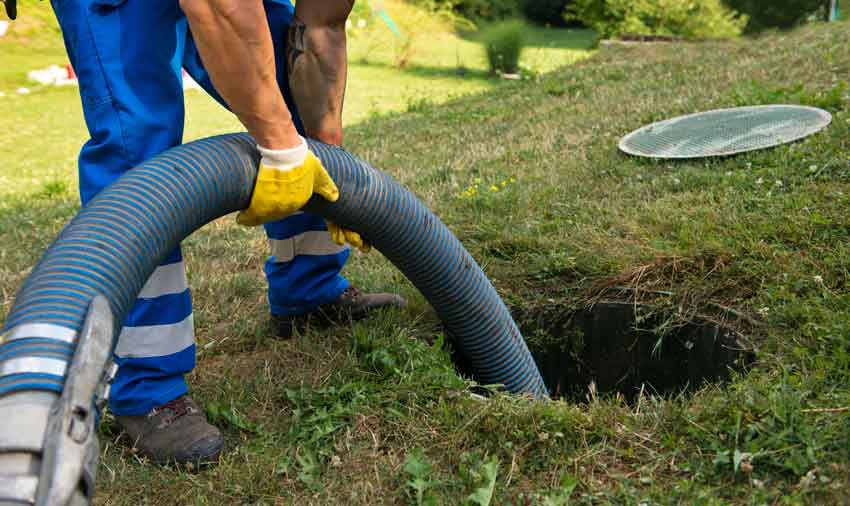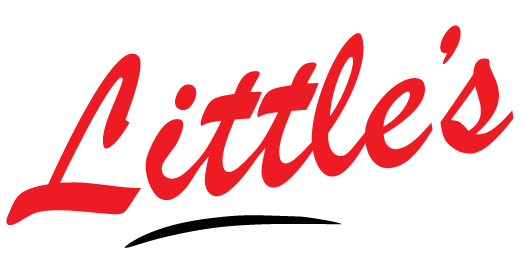
While a properly maintained septic system is a safe and effective way to manage wastewater, it can become a serious health hazard if it fails or is not maintained correctly. Understanding the risks associated with septic systems helps homeowners take the necessary steps to prevent potential threats to their health and the environment.
Untreated or poorly treated wastewater
The most immediate health hazard comes from untreated or poorly treated wastewater. When a septic system malfunctions—whether due to a full tank, damaged pipes, or drainage field failure—wastewater can back up into the home or seep into the yard. This water may contain harmful bacteria, viruses, and parasites such as E. coli, Giardia, and Salmonella. Contact with contaminated water can lead to gastrointestinal illness, skin infections, and respiratory problems.
Groundwater contamination
Another concern is groundwater contamination. Septic systems are designed to treat waste onsite, but when systems are installed improperly or are overloaded, untreated sewage can leach into groundwater. For homes that rely on well water, this contamination can pose serious health risks. Drinking water tainted by human waste can cause widespread illness, especially in vulnerable populations like children and the elderly.
Surface water contamination
Surface water contamination is also a potential hazard. Septic runoff can flow into nearby streams, ponds, or lakes, contributing to algal blooms and the spread of waterborne diseases. This can impact not just human health, but also local wildlife and ecosystems.
Septic gases
In some cases, septic gases can be dangerous. Gases such as methane, hydrogen sulfide, and ammonia are byproducts of waste decomposition. If a system is not properly vented or if tanks crack, these gases can accumulate in confined spaces. They pose a risk of poisoning, explosion, or suffocation—particularly for those performing maintenance without proper precautions.
Regular maintenance is key
The good news is that most of these risks are preventable. Regular septic tank pumping, timely inspections, proper installation, and responsible water use all help maintain system health. It’s also crucial to avoid flushing harmful materials like grease, chemicals, or non-biodegradable items, which can clog the system and lead to failure.
In conclusion, while septic systems are generally safe when properly designed and maintained, they can become a serious health hazard if neglected. Homeowners should treat septic care as a priority to protect their families, neighbors, and the surrounding environment from potential harm.

